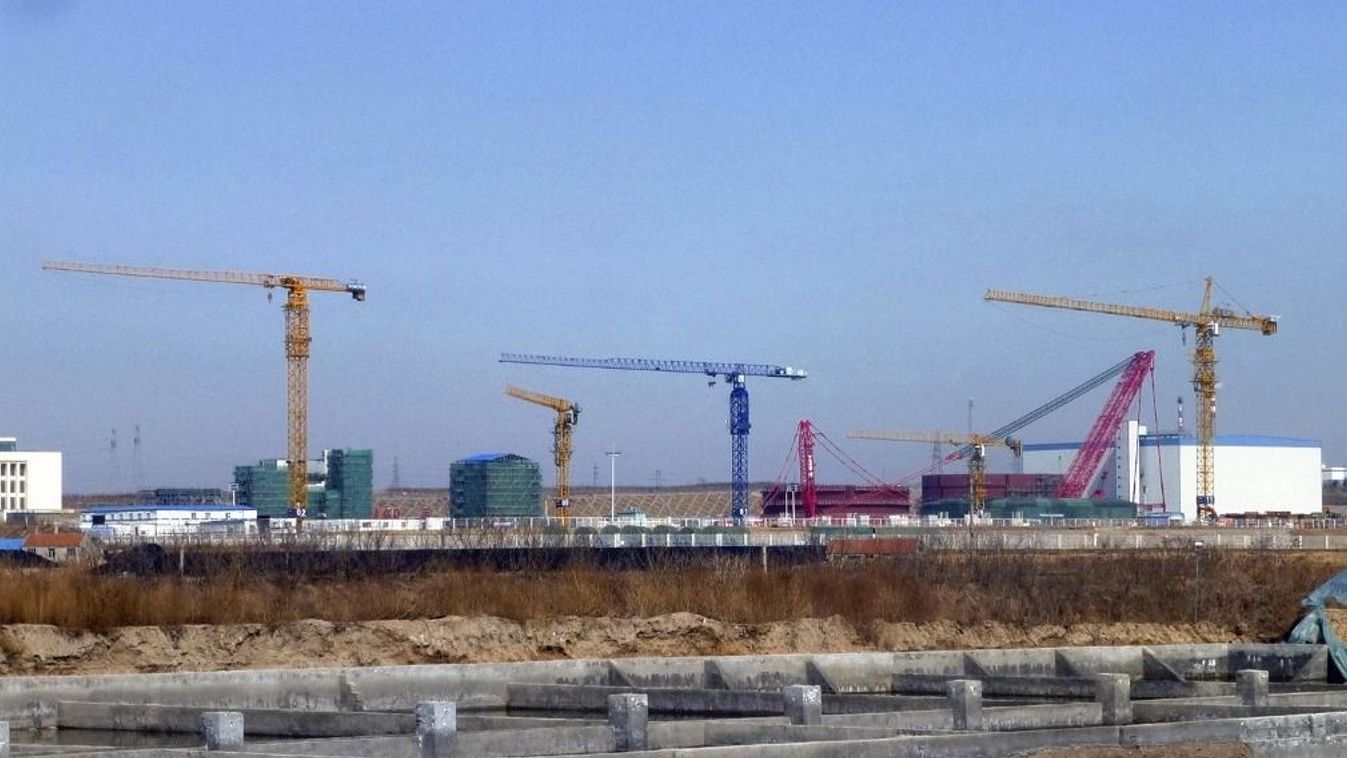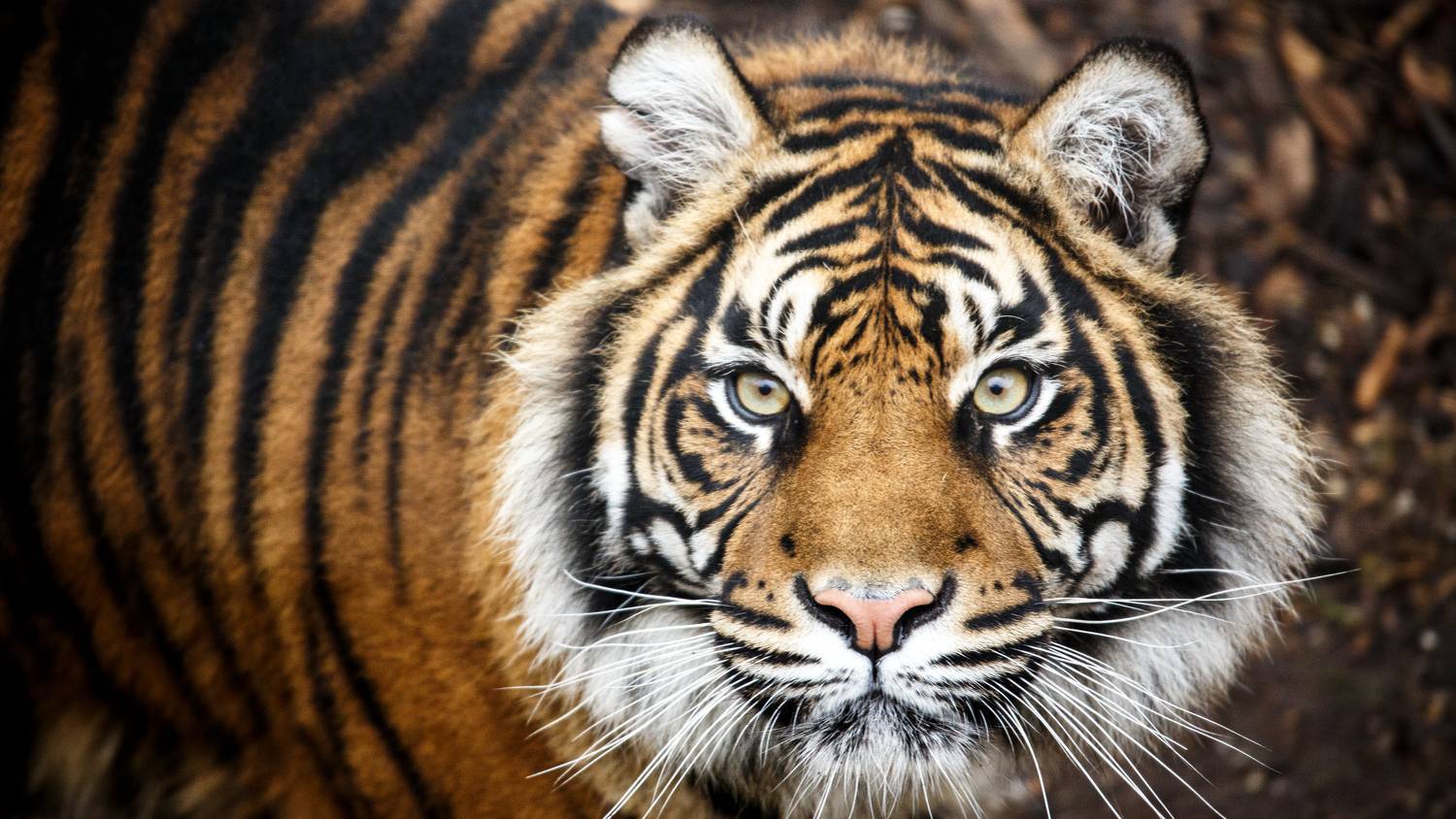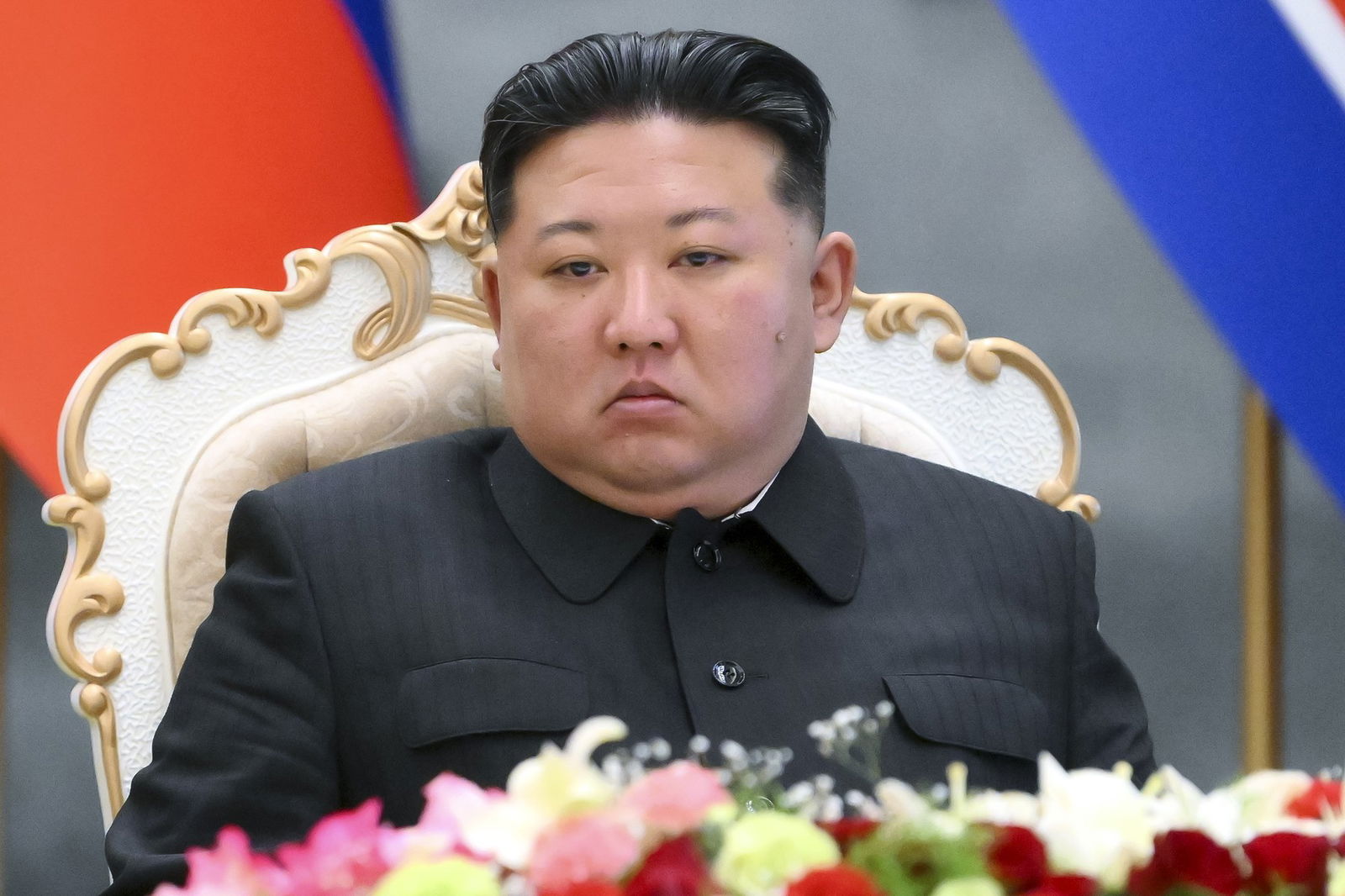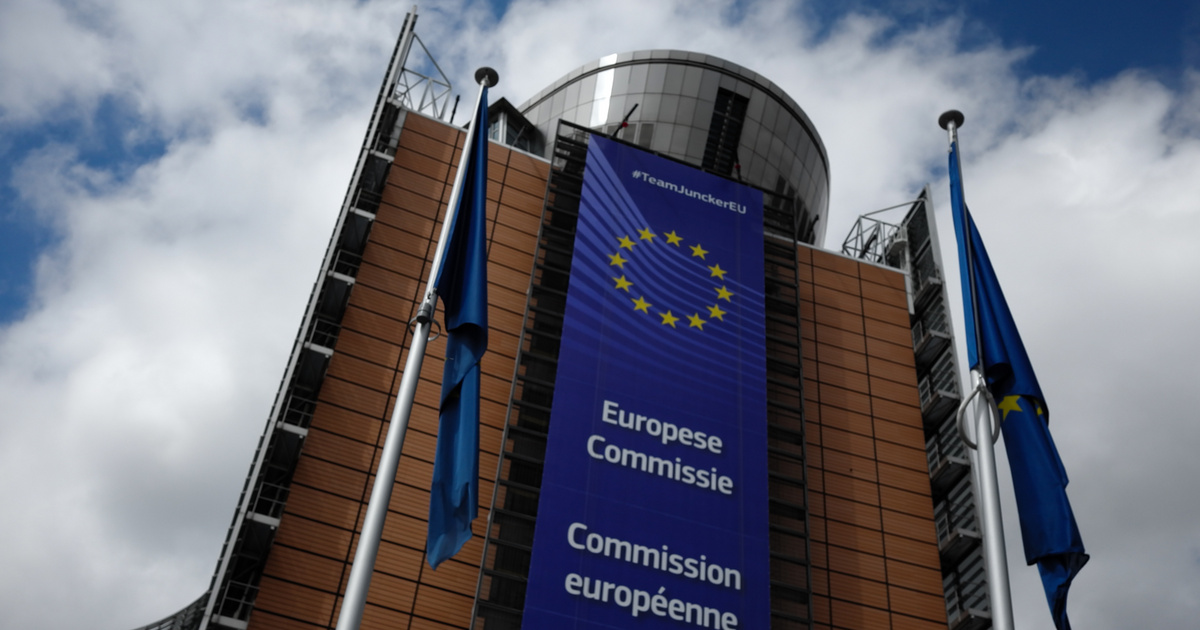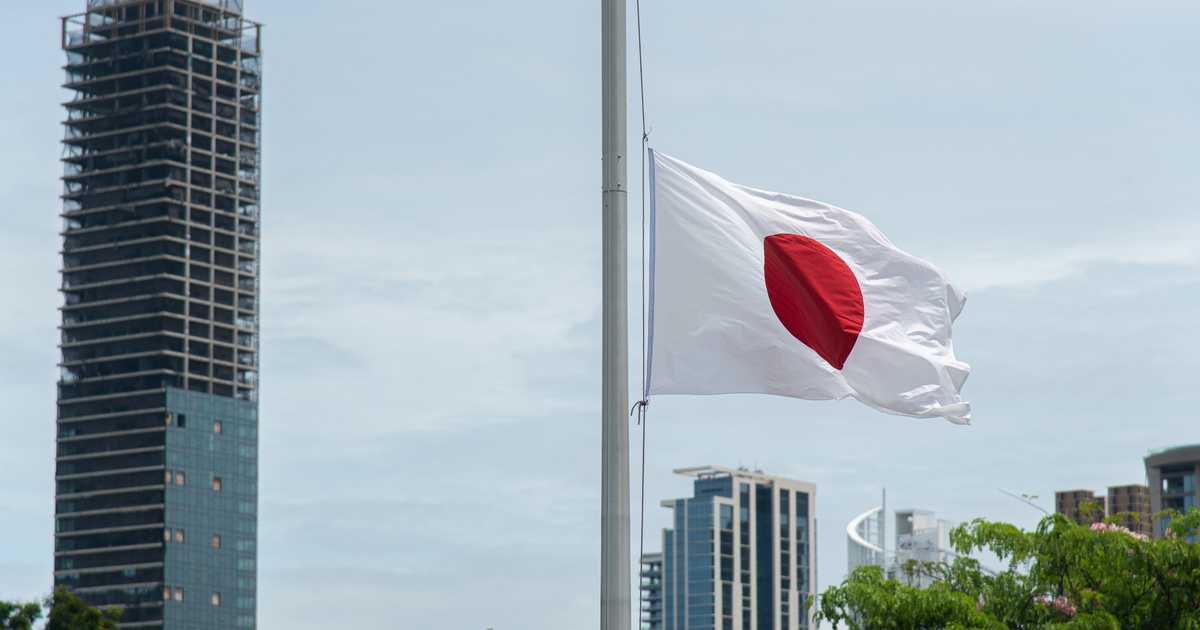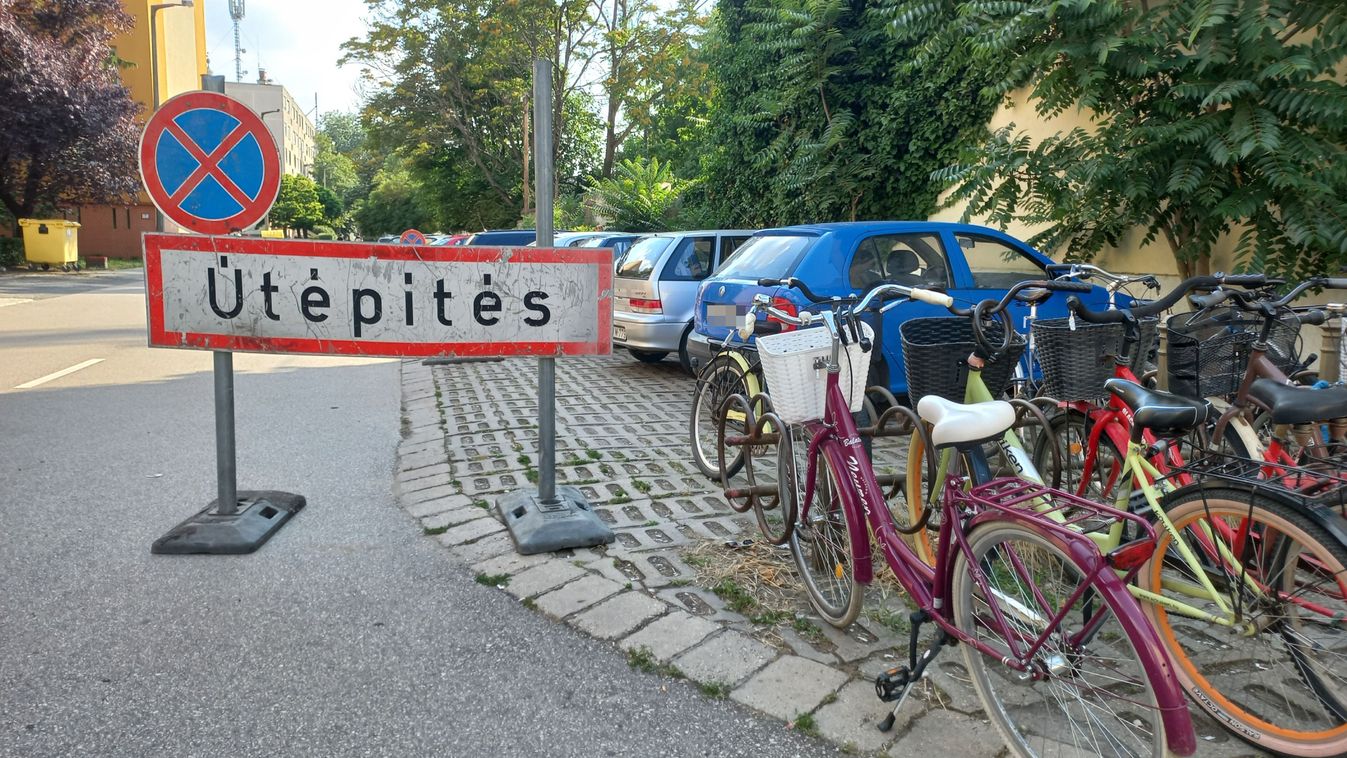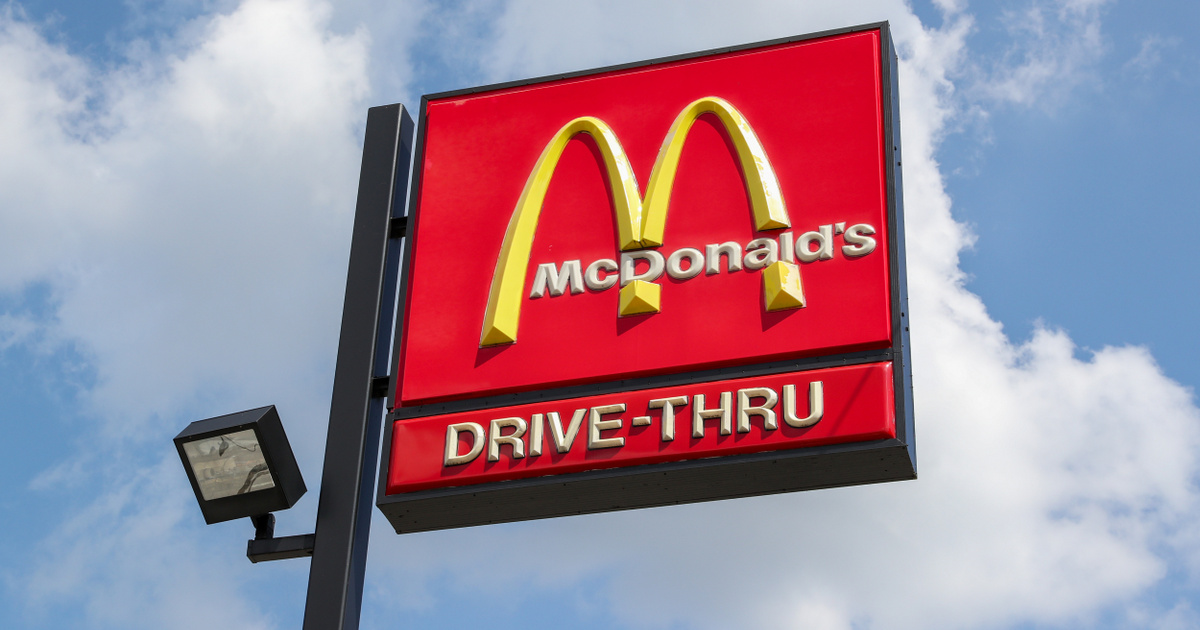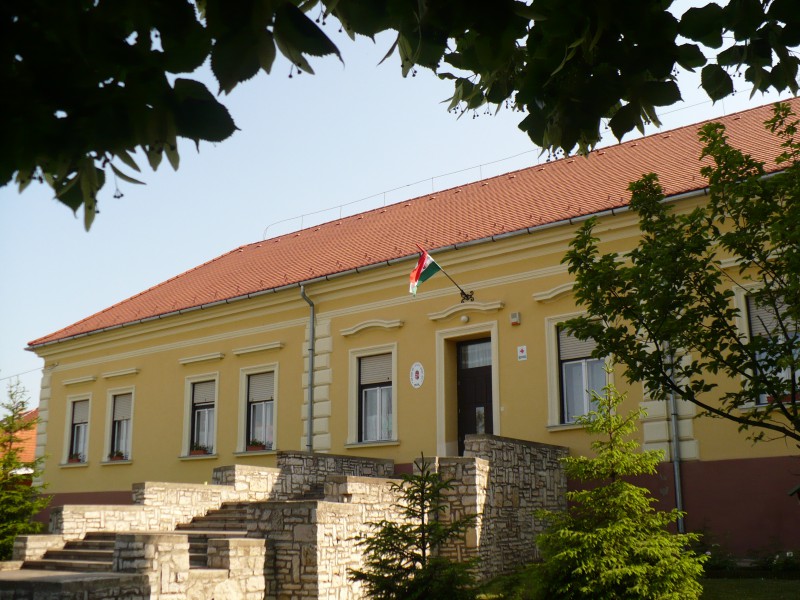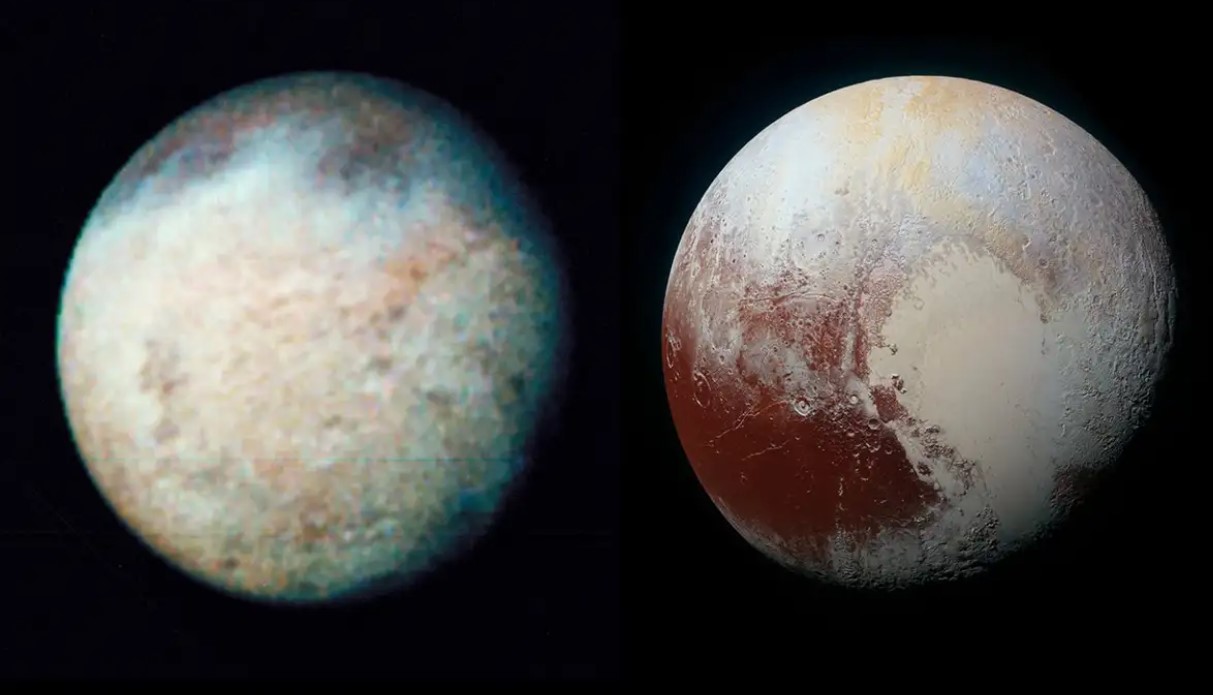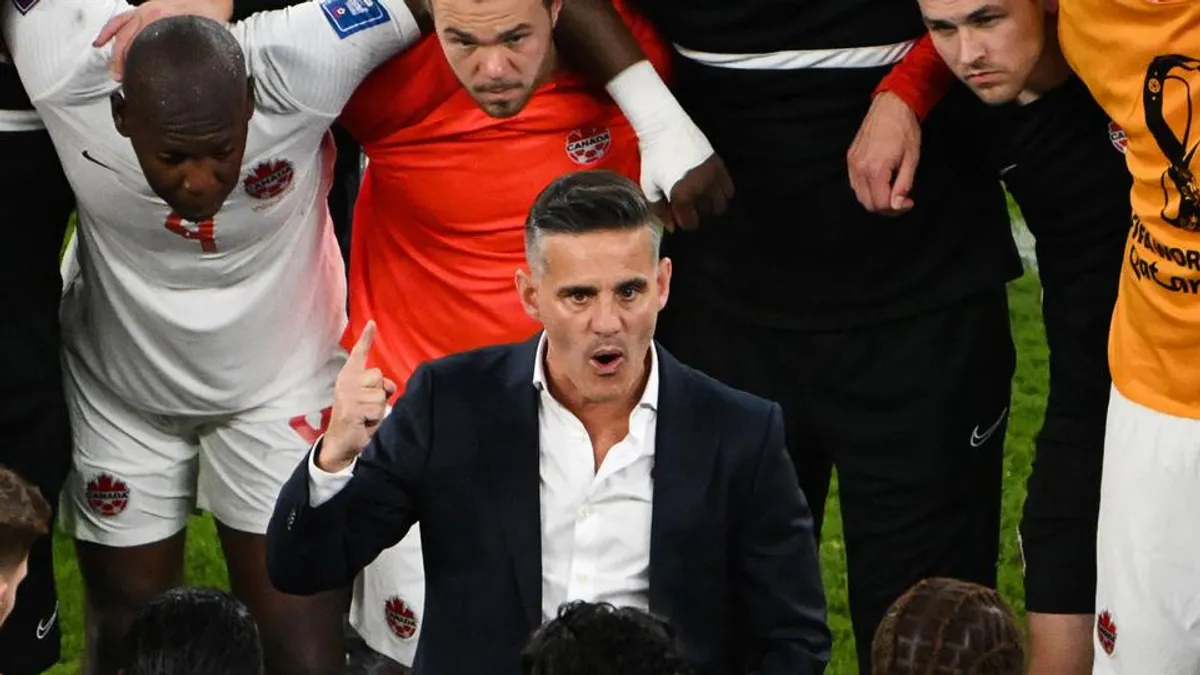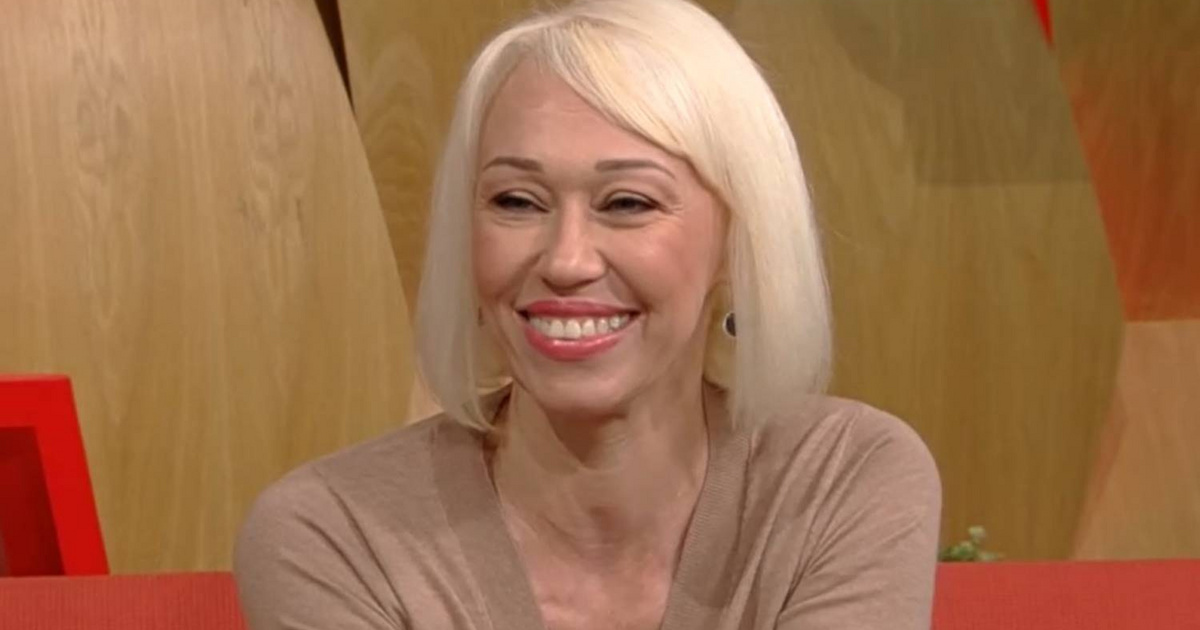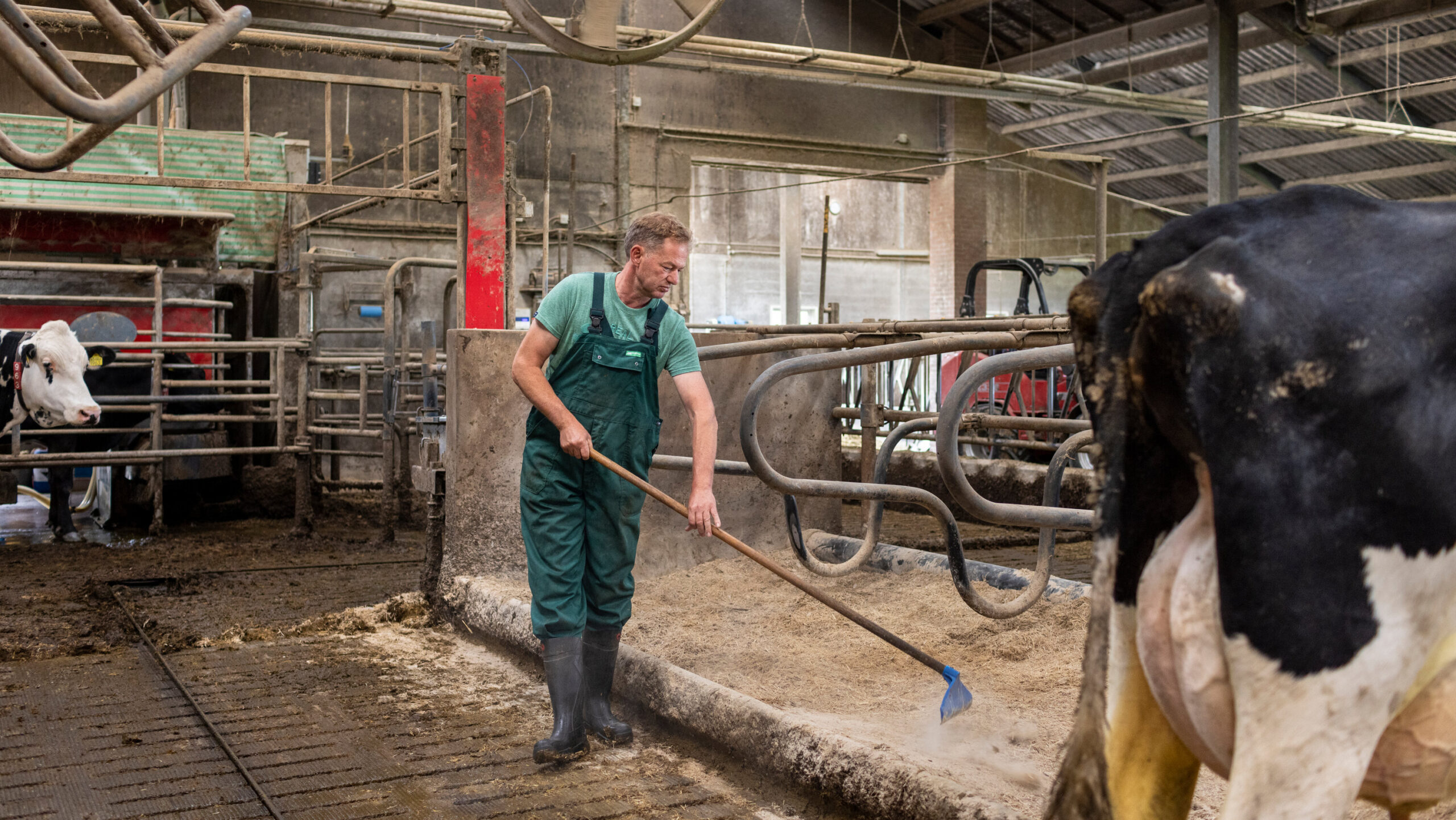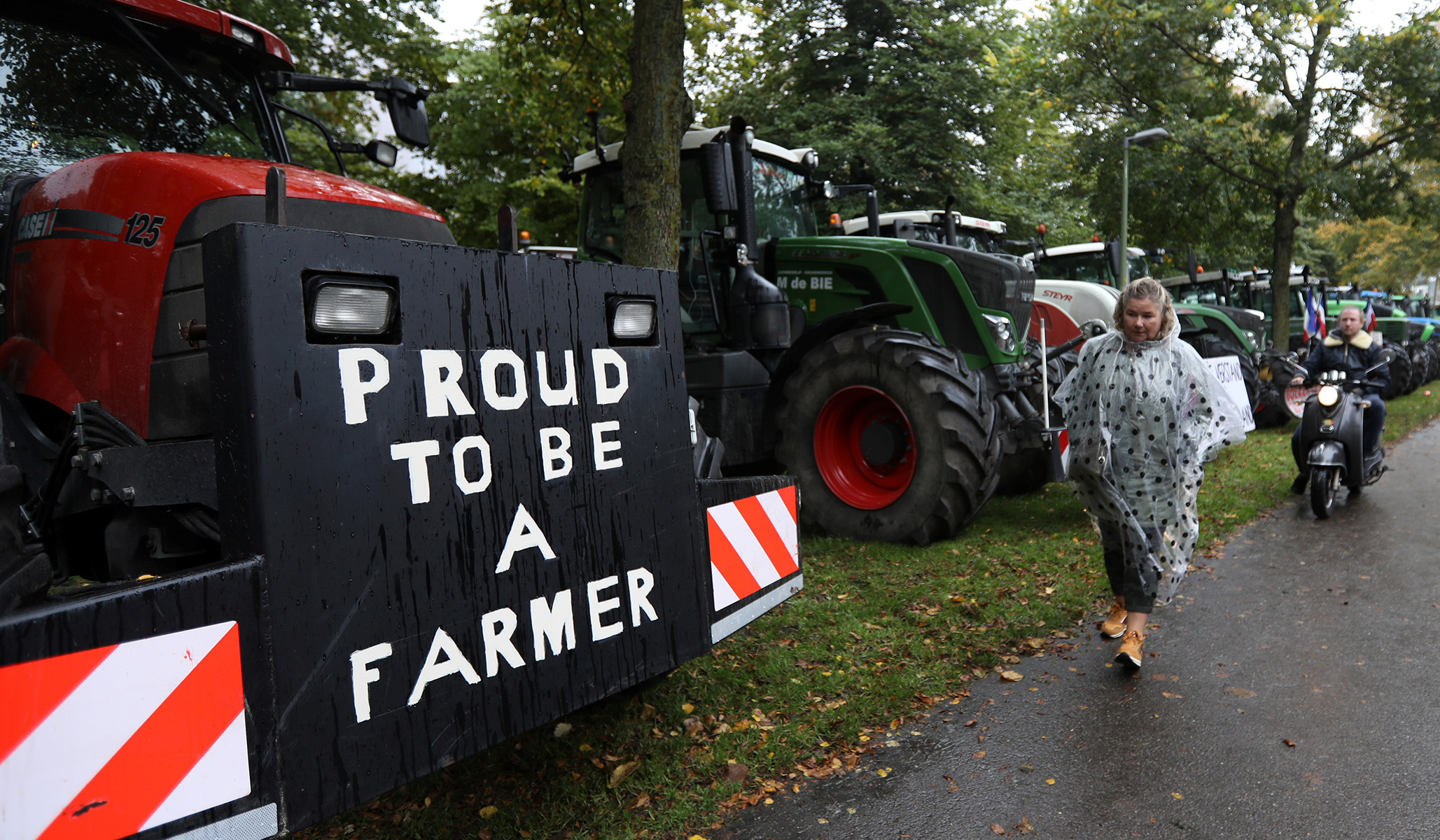On May 2, the European Commission approved a Dutch government plan that would compensate livestock breeders in certain cases if they voluntarily agree to close their livestock farms as part of Dutch efforts to reduce nitrogen pollution.
Under the new “regulations” called LBV and LBV plus, farmers must agree to cease their operations permanently and irrevocably and not to start the same breeding activity anywhere else in the Netherlands or anywhere else within the European Union. The Netherlands is the second largest agricultural exporter in the world.
The ‘programs’ will run until February 2028 and will be open to small and medium-sized ranchers operating in the ‘Natura 2000 busy areas’ in the Netherlands. In addition, only agricultural producers will be eligible for the programs who can prove that they continued to operate their farm in the five years prior to the voluntary cessation of production.
The total budget for the two Dutch programs is around €1.47 billion and is part of the government’s plans to reduce nitrogen deposition in nature reserves. Under the €500m LBV programme, Dutch farmers can receive “up to 100 percent” compensation in direct subsidies for losses caused by the closure of dairy, pig and poultry farms. statement.
Compensation is the “Green Bonus”
According to the statement, this compensation covers the loss of production capacity and production rights. However, financing depends on where the farm to be closed is located.
Under the LBP975 million plus program, which will be open to “agricultural farms that cause peak loads and emit large amounts of nitrogen every year,” including farmers who raise dairy cows, pigs, poultry, and calves, the losses incurred by farmers “Up to 100 percent” will be compensated with direct support.
However, according to officials, some farmers may receive compensation of up to 120 percent under the scheme due to the loss of productive capacity.
In a statement, the European Commission indicated that if the closure takes place for environmental reasons, member states can give farmers an additional 20 percent “green bonus” in addition to compensation for loss of property value.
According to the Office for National Statistics, the value of Dutch agricultural exports last year amounted to 122.3 billion euros.
A “necessary and appropriate” step, according to the European Union
According to the European Commission, the closure of some facilities that cause high levels of nitrogen pollution “necessary and appropriate” for the purpose ofImproving the environmental conditions of the targeted areas and enabling high-quality, sustainable and environmentally friendly production.and to help achieve policy objectives such as those included in the European Green Deal.
The committee also found that the compensation provided to agricultural producers “Nice“, since “It is limited to the necessary minimum“compensation”It produces positive effects that offset the potential distortion of competition and trade in the European Union.”
“The €1.47 billion Dutch program we adopted today facilitates the voluntary closure of livestock farms causing significant nitrogen deposition in nature conservation areas.said Margrethe Vestager, Executive Vice President in charge of competition policy at the European Commission in his statement. “The systems will improve environmental conditions in these areas. At the same time, they encourage more sustainable and environmentally friendly production in the livestock sector, without undue distortion of competition.Vestager added.
Tuesday’s press release did not mention what happens to farmers who refuse to voluntarily give up their farms.
Dutch farmers under pressure
Protests erupted across the Netherlands last year when the government initially announced plans to cut nitrogen emissions nationwide by more than 50 percent by 2030, including from farms. Prime Minister Mark Rutte’s government has made it clear that this is based on the government’s objectives.Not all Dutch farmers have a future.
Speaking to The Epoch Times last year, a dairy farmer in the Netherlands explained that he would have to reduce his livestock by 95% to comply with the government’s new environmental regulations.
Another said the government forced him to get rid of 12 cows as part of efforts to reduce phosphate. Then he worried that he would have to shut down his farm if he had to get rid of more cows.
According to Dutch political commentator Eva Vlaardingerbroek, the plan allows the government to buy out about 3,000 Dutch farmers.
“This is how they do: they put a knife down farmers’ throats. They make sure their licenses are not renewed, they struggle with new rules and restrictions every day. Then they offer them a doctors’ home, knowing that many will accept it out of sheer desperation. It’s all very mean.”Vlaardingerbroek wrote on Twitter on Tuesday.
Vlaardingerbroek also questioned the legality of banning farmers who agree to sell their land to resume their lives in other EU countries.
“The whole idea of the European Union should have been about freedom of movement and freedom of workers. This is something like it was in Soviet times.Vladingerbrook added.





